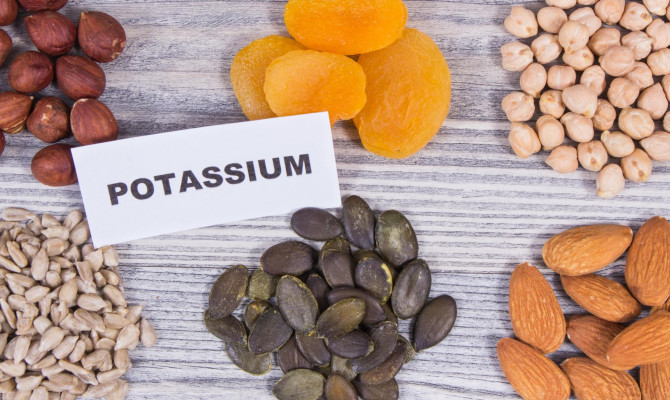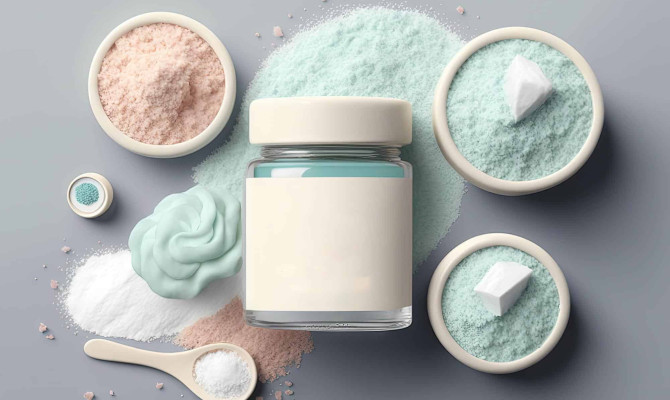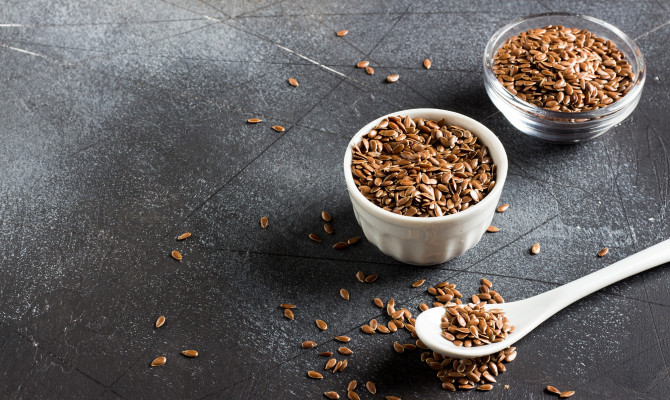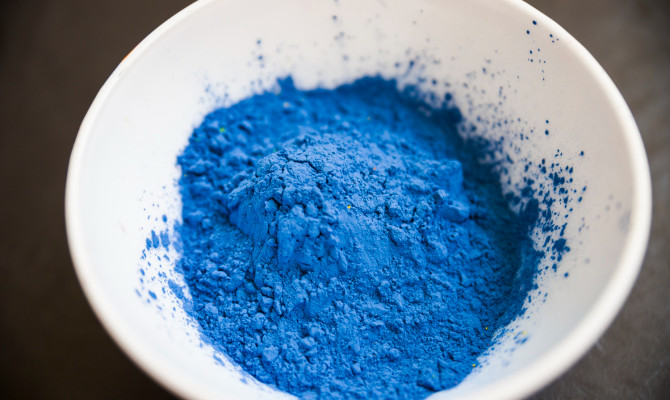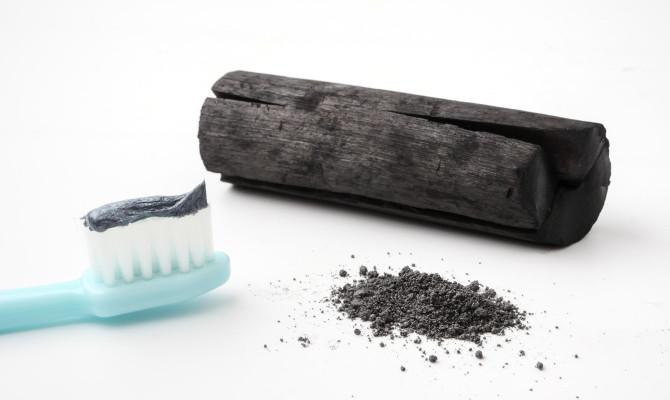Selenium and its health benefits

- Selenium
- 22 Aug 2023
Overview
Overview
The body needs Selenium, an essential element, at minute levels, for several physiological processes. It is a trace element necessary for the immune system, the antioxidant defense system, and the metabolism of thyroid hormones.
Although Selenium may be found in many foods, ingesting it in moderation is crucial.1Overview| Researched based study from Nlm.nih.gov

Facts on Selenium
- The Greek word “Selene,” which means moon, is where the term “selenium” originates. This is because tellurium, called after the Latin word for earth, was used to find it.
- In addition to its role as a nutrient, it is being studied for its capacity to combat cancer.
- It was used to treat dandruff and scalp issues in the early 20th century.
Benefits

What are the benefits of selenium?
Antioxidant defense
- It is an essential component of the body’s defense system against antioxidants. It helps to protect cells from oxidative stress and free radical damage. Free radicals, dangerous chemicals the body produces in reaction to environmental conditions, including pollution, smoking, and UV radiation, can destroy cells.
Thyroid function
- It is necessary to synthesize and metabolize thyroid hormones, which control growth and metabolism. Proper thyroid gland operation aids in regulating metabolism and other critical body processes.
Immune system
- It is necessary for the immune system to function properly.
- Boosts the production of antibodies and the generation of white blood cells and other immune cells is aided by it.
Reproduction
- Required for both men and females to have healthy reproductive systems.
- It contributes to the growth and production of sperm and is crucial for fetal development throughout pregnancy.1Benefits| Researched based study from Nlm.nih.gov
Heart health
- Decreases the risk of heart disease by lowering inflammatory levels and improving blood flow.
Prevention of cancer
- There is research that suggests Selenium may aid in the prevention of several cancers, including colorectal, prostate, and lung cancer.1Benefits| Researched based study from Nlm.nih.gov
Memory and focus
- It could affect cognitive processes, including memory and attention.4Benefits| Researched based study from Nlm.nih.gov
Sources
What are the nutritional sources of selenium?
Brazilian nut
- One of the richest food sources, one nut has more calories than the daily allowance.
Seafood
- The best sources are fish and shellfish. Selenium levels are notably high in sardines, crab, shrimp, tuna, and shrimp.3Sources| Researched based study from Nih.gov
Poultry and meat
- Good sources of selenium include beef, chicken, and turkey, with organ meats like liver having significant concentrations.
Eggs
- One large egg contains around 15% of the daily required intake of selenium.
Grains
- Good sources include whole grains like brown rice, quinoa, and oats.
Dairy products
- Only small amounts are present in milk and yogurt.3Sources| Researched based study from Nih.gov
Deficiency
Deficiency of selenium
Deficiency of selenium may causes various health problems , it is mostly due to selenium deficit diet.
Keshan disease
- This kind of heart disease is found in parts of China with low selenium levels. It can cause an enlarged heart and heart failure, especially in children and young women.
Kashin-back disease
- This kind of osteoarthritis impacts joints, particularly the hands, and knees.
Thyroid issues
- It may raise the risk of autoimmune thyroid disease and hypothyroidism.
Impaired immune response
- Lack of Selenium may make it more likely for you to have some malignancies and infections.2Deficiency| Researched based study from Nlm.nih.gov
Cognitive decline
- A higher risk of cognitive decline and Alzheimer’s disease may be linked to low levels.
Issues with reproduction and infertility
- Associated with male infertility and problems with reproduction in both men and women.2Deficiency| Researched based study from Nlm.nih.gov
Common symptoms of deficiency
Depending on the degree and length, symptoms might change. Some typical warning signs and symptoms are:
- Weakness and fatigued muscles
- Brittle nails and hair loss
- Stiffness and joint discomfort
- A rash or skin discoloration, Greater susceptibility to infections
- Mental fog or cognitive decline.
- Changes in mood and irritation
- Issues with reproduction and infertility
- Immune system dysfunction
- Thyroid issues.2Deficiency| Researched based study from Nlm.nih.gov
Who is prone to deficiencies?
- People who reside in selenium-deficient soil because there is less availability, residents of these places could have low intake.
- Gastrointestinal disease make it more difficult for the body to absorb Selenium from meals, which can result in a deficit over time.
- Dialysis of the kidneys can deplete the body of Selenium, causing a deficit.6Deficiency| Researched based study from Nlm.nih.gov
- In HIV/AIDS patients, the body can need extra Selenium to sustain immunological function.
- Vegans and vegetarians since Selenium levels are often lower in plant-based diets.
- Alcohol consumption and smoking can raise the body’s requirements and cause deficiencies.
- Women who are pregnant and breastfeeding, due to the increased need for Selenium to promote fetal development and milk production during this period, a deficit develops.6Deficiency| Researched based study from Nlm.nih.gov
Dosage
Recommended dose
- 15 mcg for infants aged 0 to 6 months.
- 7 to 12-month-old babies: 20 mcg
- 20 mcg for children (1-3 years)
- 4 to 8-year-olds: 30 mcg
- Children (ages 9 to 13): 40 mcg
- Teenagers (14 to 18 years old): 55 mcg
- For adults (19 years of age and older): 55 mcg.
- Women who are pregnant or breastfeeding should take 60 and 70 mcg, respectively.3Dosage| Researched based study from Nih.gov
The acceptable upper intake for adults and teens is 400 mcg; for children aged 4 to 8 years, it is 150 mcg. It is 90 mcg daily for youngsters between 1 and 3 years old.
Forms
What are the various forms?
Inorganic Selenium
- This kind is the most prevalent in foods, water, and soil. Plants may absorb inorganic Selenium and turn conventional farms into organic ones.
Organic Selenium
- Tissues of plants and animals, including meat, shellfish, and nuts.3Forms| Researched based study from Nih.gov
Selenomethionine
- Selenium is an organic form in plants, particularly grains and cereals. It is frequently utilized in supplements because the body readily absorbs it.
Selenocysteine
- Essential for the body’s several selenium-dependent enzymes to function.
Sodium selenite
- Inorganic forms are frequently utilized in meals and supplements supplemented with Selenium.3Forms| Researched based study from Nih.gov
Overdose
Overdose toxicity of selenium
Selenium poisoning is uncommon and often results from long-term high-dose supplement consumption. It’s difficult to consume too much selenium through food alone. It’s essential to follow the advised daily allowances and refrain from exceeding your intake.
If you experience any of the symptoms described below, see a doctor right away.5Overdose| Researched based study from Nlm.nih.gov
- Disturbed stomach, including nausea, vomiting, and diarrhea.
- Hair loss and weak nails.
- Rash and sores on the skin
- Tiredness and irritation, a breath odor of garlic, and symptoms related to the nervous system, such as tremors, convulsions, and confusion.
- In severe situations, acute respiratory distress syndrome (ARDS).5Overdose| Researched based study from Nlm.nih.gov
Interactions
Interaction with medicines
Anticoagulants
- It may thin the blood and raise the chance of bleeding. Before taking any supplements, discussing them with your doctor if you are using blood-thinning drugs like warfarin is essential.7Interactions | Researched based study from Nlm.nih.gov
Immunosuppressant
- It can boost immunity, which can benefit certain people; however, if you are on immune system suppressants such as cyclosporine or corticosteroids. It would help if you informed your doctor before taking the supplements.9Interactions | Researched based study from Nlm.nih.gov
Chemotherapy medications
- Some chemotherapy medications may interact with Selenium and have adverse effects or reduce efficacy.8Interactions | Researched based study from Nlm.nih.gov
Takeaway
Key takeaways
- Our bodies require small amounts of Selenium to function correctly.
- Age, gender, and other variables affect the suggested dose.
- Supplement use should only be done under medical supervision because taking too much of a supplement might be harmful.
Any feedback on this article?
 This Articles content was accurate
This Articles content was accurate Very Informative Article
Very Informative Article I have a question or a comment
I have a question or a comment
 This article contains inaccurate content
This article contains inaccurate content This article was not helpful
This article was not helpful I have a question or a comment
I have a question or a comment
We appreciate your helpful feedback!
Checkout our social pages
References
-
National Library of Medicine
Selenium | Overview | Benefits
-
National Library of Medicine
Selenium Deficiency | Deficiency
-
National Institutes of Health
Selenium-Fact Sheet for Consumers | Dosage | Forms | Sources
-
National Library of Medicine
Selenium–Fascinating Microelement, Properties and Sources in Food | Benefits
-
National Library of Medicine
The two faces of selenium-deficiency and toxicity--are similar in animals and man | Overdose
-
National Library of Medicine
The risk of selenium deficiency in Malawi is large and varies over multiple spatial scales | Deficiency
-
National Library of Medicine
Heparin interacts with a selenoprotein in human plasma | Interactions
-
National Library of Medicine
The Interaction of Selenium with Chemotherapy and Radiation on Normal and Malignant Human Mononuclear Blood Cells | Interactions
-
National Library of Medicine
The Role of Selenium in Inflammation and Immunity: From Molecular Mechanisms to Therapeutic Opportunities | Interactions












